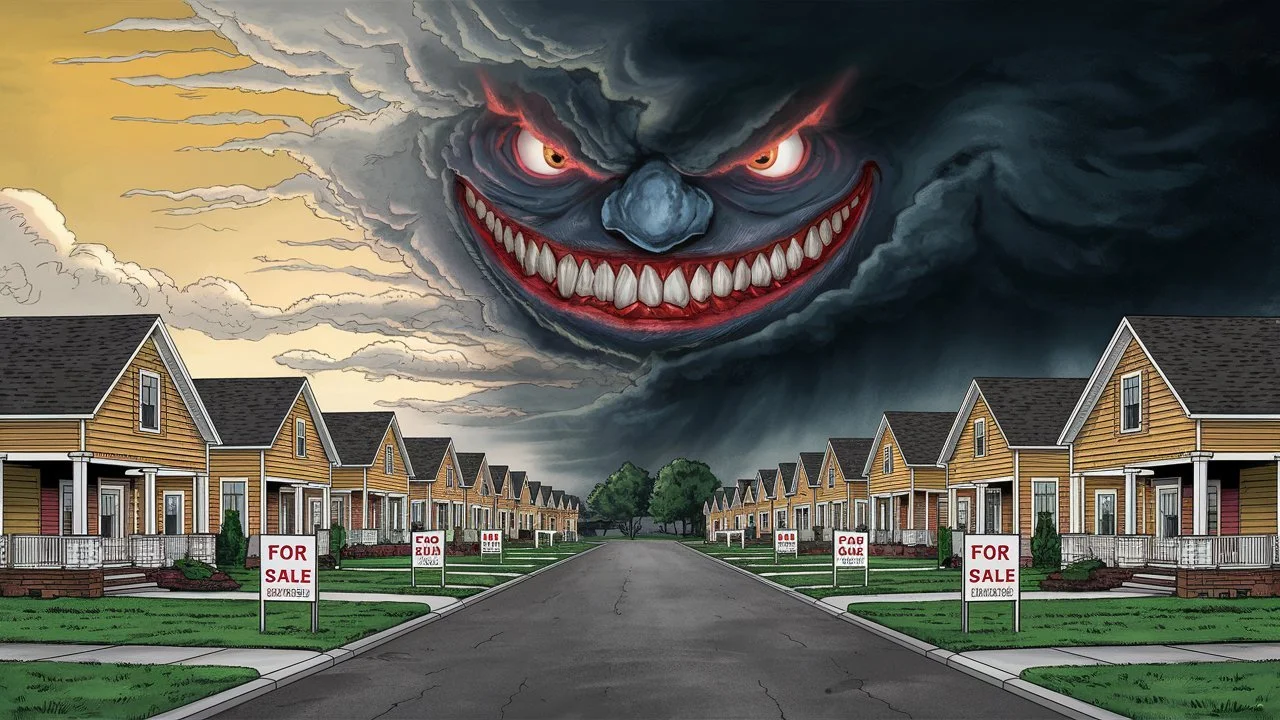From Boom to Bust? Southern Housing Bubble Threatens, But Will New Jersey Follow Suit?
Storm Clouds Looming Over Housing Market in the South
The American South is facing a potential housing market crisis, according to real estate analyst Nick Gerli. A post-2020 surge in new home construction in states like Florida, Georgia, Tennessee, and Texas has led to a glut in supply, raising concerns about a housing bubble.
A Perfect Storm in the South
Fueled by the COVID-19 pandemic, a confluence of factors led to the current situation. Firstly, the newfound freedom of remote work and the desire for cheaper living spurred a mass migration to the South. Secondly, lower taxes in these states further enticed residents from higher-cost areas. This surge in demand caused home builders to go into overdrive, constructing homes at a rapid pace.
However, with the migration wave subsiding, demand for these new homes is dwindling. This excess supply, coupled with rising interest rates, is creating a scenario ripe for a market correction, with some experts like Gerli even predicting a "bubble burst." Gerli points to the record number of new homes for sale in the Southern Region, exceeding even the peak levels observed before the 2008 housing crisis.
Bubble or Correction? Experts Weigh In
While Gerli's warnings are concerning, the situation isn't entirely bleak. Unlike the 2008 crisis, homeowners today have significantly more equity in their properties, offering a buffer against price declines. Additionally, some housing economists believe the market is simply normalizing after the COVID-era frenzy. Danielle Hale, chief economist at Realtor.com, highlights the increase in available homes in southern markets like Austin and San Antonio, indicating a shift towards a more balanced market.
The Rest of the US: A Different Story
Gerli acknowledges that the Northeast and Midwest are unlikely to experience a similar housing bubble burst. These regions have seen low levels of home building and speculative activity, leading to lower inventory and less overvalued properties. While a correction might occur eventually, the immediate future appears more stable compared to the South.
New Jersey: A Case Apart
New Jersey, nestled in the Northeast, presents a unique case. While the broader Northeast may be less susceptible to a housing bubble burst, New Jersey's housing market deserves closer scrutiny. The state has experienced a steady increase in home prices in recent years, fueled in part by an influx of residents seeking affordability compared to neighboring New York City. However, unlike the South, New Jersey hasn't seen a significant surge in new construction. This imbalance between rising demand and stagnant supply could lead to price corrections in the future, though likely not as severe as what might be expected in the South.
Looking Ahead: A Cautiously Optimistic View
The potential housing bubble in the South serves as a cautionary tale. While a nationwide crash seems unlikely due to factors like homeowner equity, the coming months could see price adjustments in the South. The Northeast and Midwest, with their more balanced inventories, are likely to fare better. For New Jersey, the situation warrants monitoring – the influx of residents coupled with limited new construction could lead to price corrections in the future. Overall, a cautious optimism seems appropriate for the US housing market. With a watchful eye and proactive measures, a full-blown crisis can likely be avoided.
